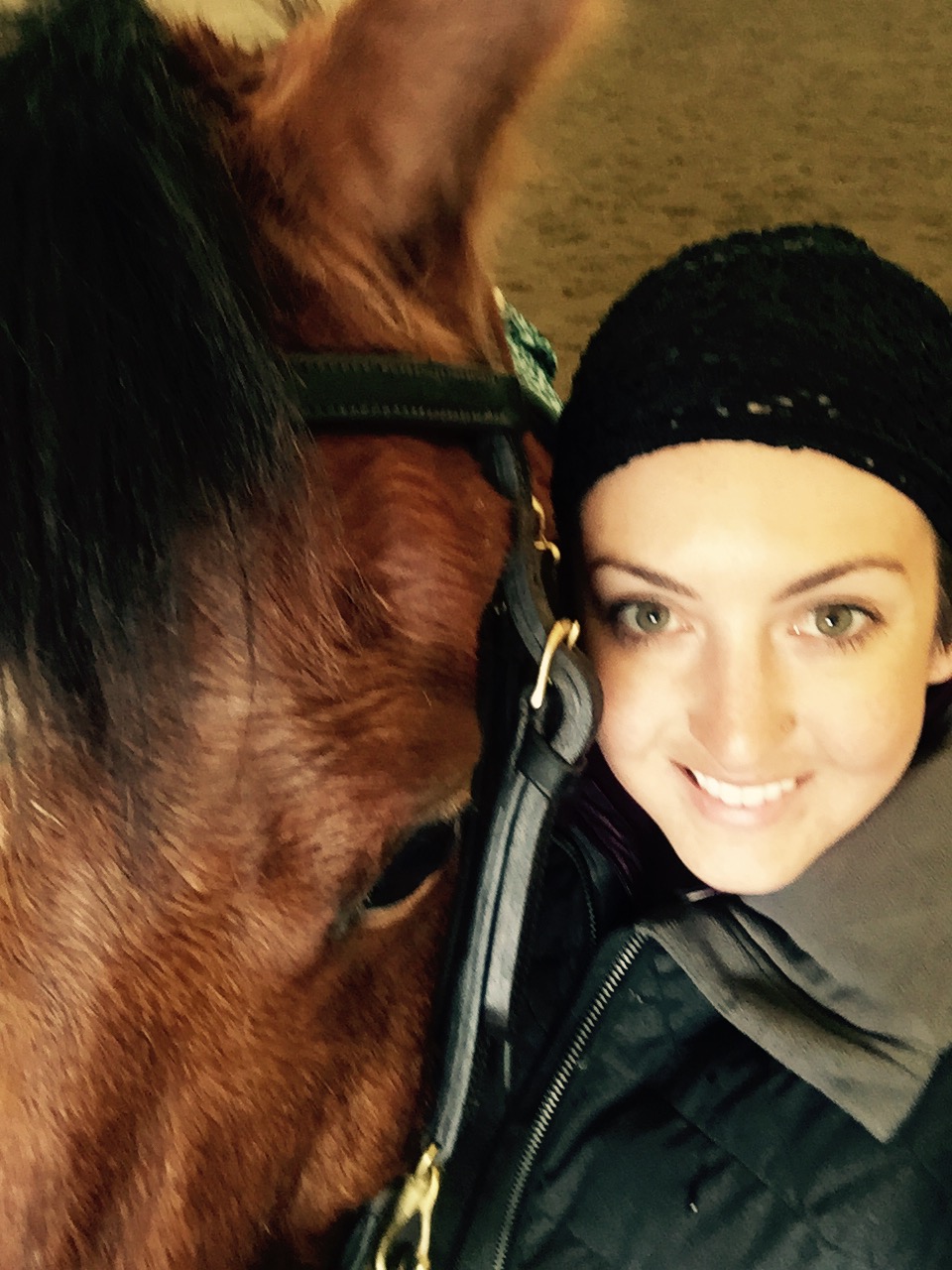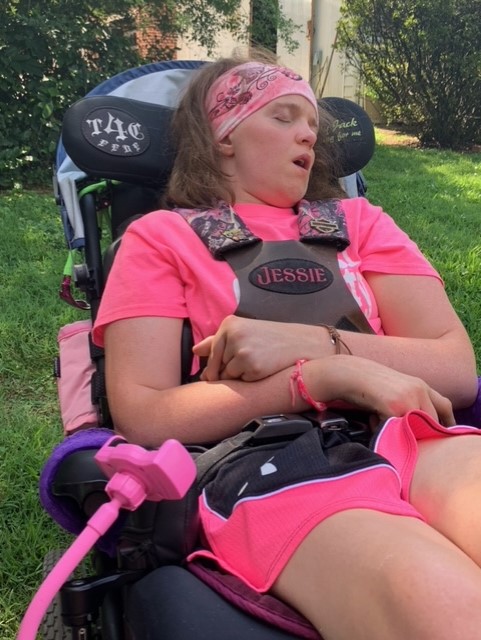Imagine & Believe Honorees
- Details
- Last Updated: Wednesday, 18 October 2017 10:58
David Meeker, MD
Following 23 years of leadership and unparalleled distinction with research giant Sanofi Genzyme as head of their rare disease, multiple sclerosis, oncology, and immunology business, Dr. Meeker joined KSQ Therapeutics in September 2017.
A Cambridge-based start-up, KSQ is pioneering CRISPR genome screening technology to identify targets for cancer and immune disease drugs; and better understand the function of each gene across more than 600 tumor and immune models.
Dr. Meeker received his MD from the University of Vermont Medical School. He completed the Advanced Management Program at Harvard Business School in 2000.
Professor Timothy Cox, FMedSci
Professor Timothy Cox is Director of Research and Professor of Medicine Emeritus in the Department of Medicine and Life Fellow of Sidney Sussex College at the University of Cambridge.
The current scientific focus of the Cox laboratory is translational: therapeutic research into intractable sphingolipid disorders that affect the nervous system - including Gaucher, Krabbe and Tay-Sachs diseases. After nearly two decades of preclinical research with Dr MB Cachón-González, a gene therapy programme for Tay-Sachs and related diseases, sponsored by Cambridge University Health Partners, is now in clinical development.
A Fellow of the Royal College of Physicians of London since 1984, he was elected to Fellowship of the Academy of Medical Sciences in 1998.He holds doctoral degrees from London and Cambridge.


 Sarah is a horse trainer in Northern California with a rare genetic disorder that currently does not have a cure.
Sarah is a horse trainer in Northern California with a rare genetic disorder that currently does not have a cure.
